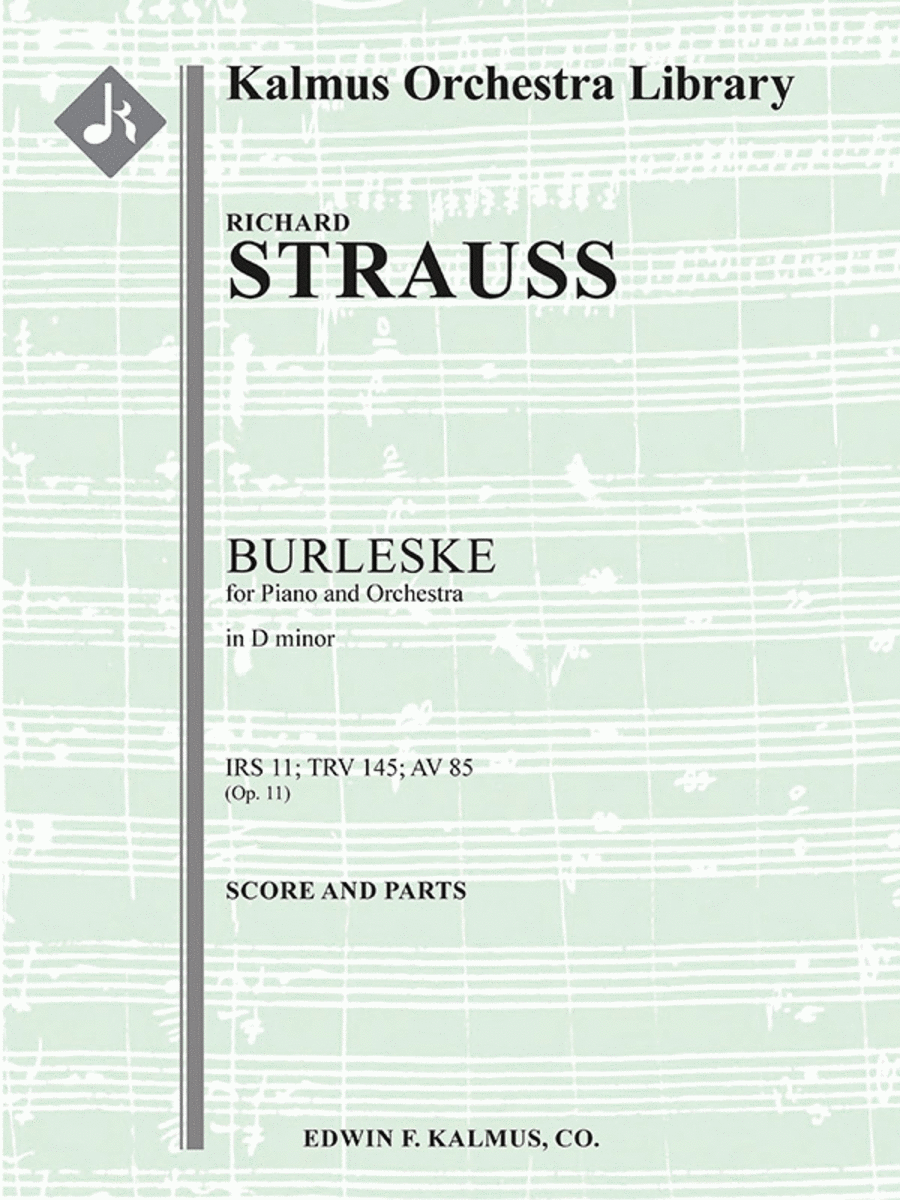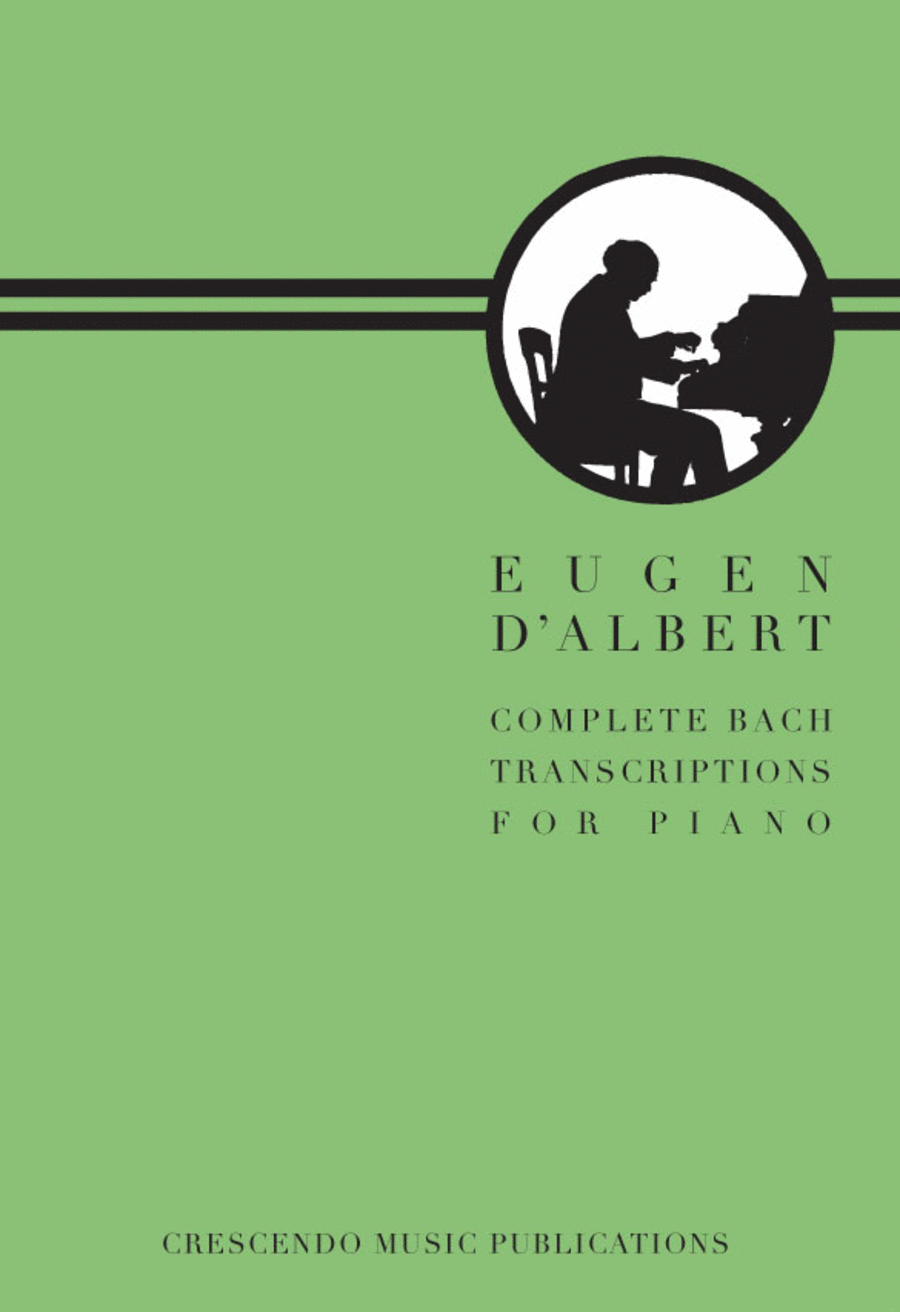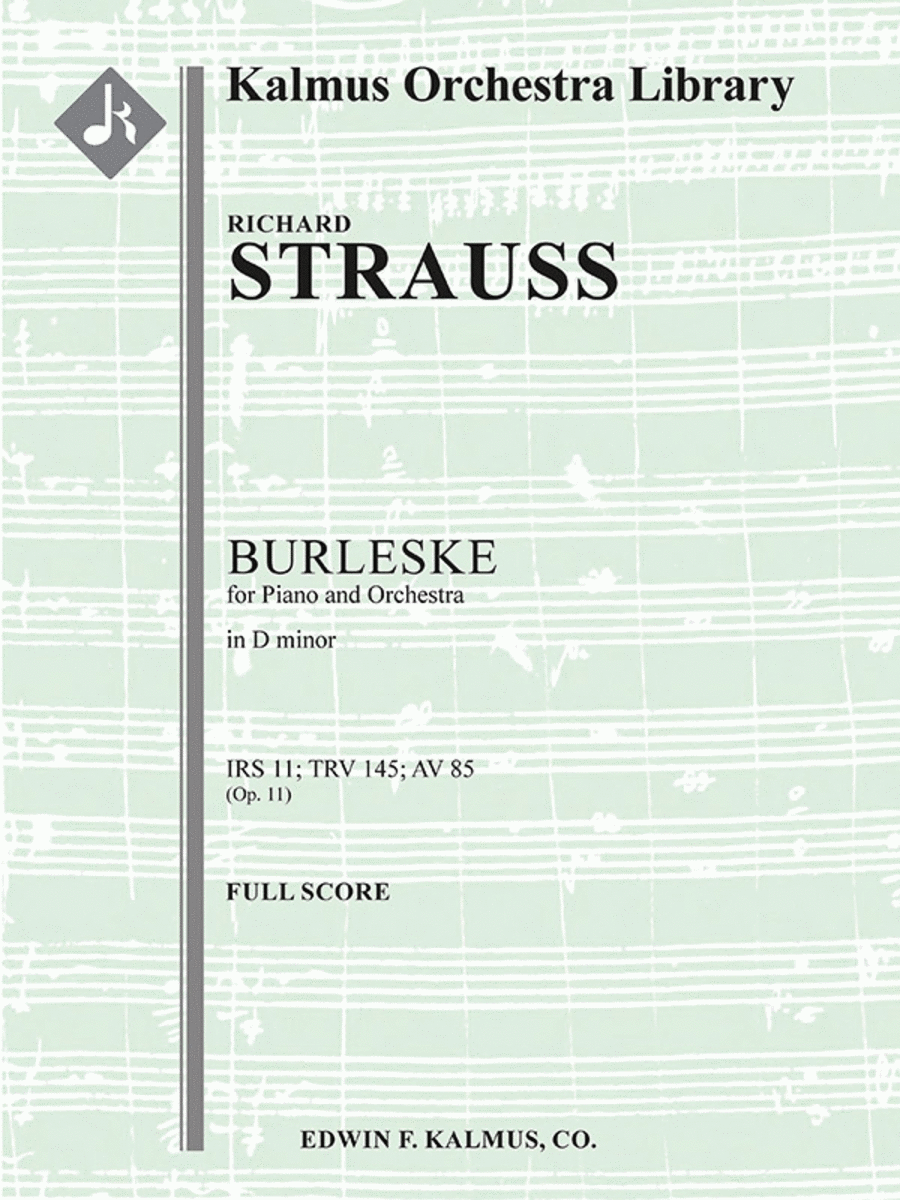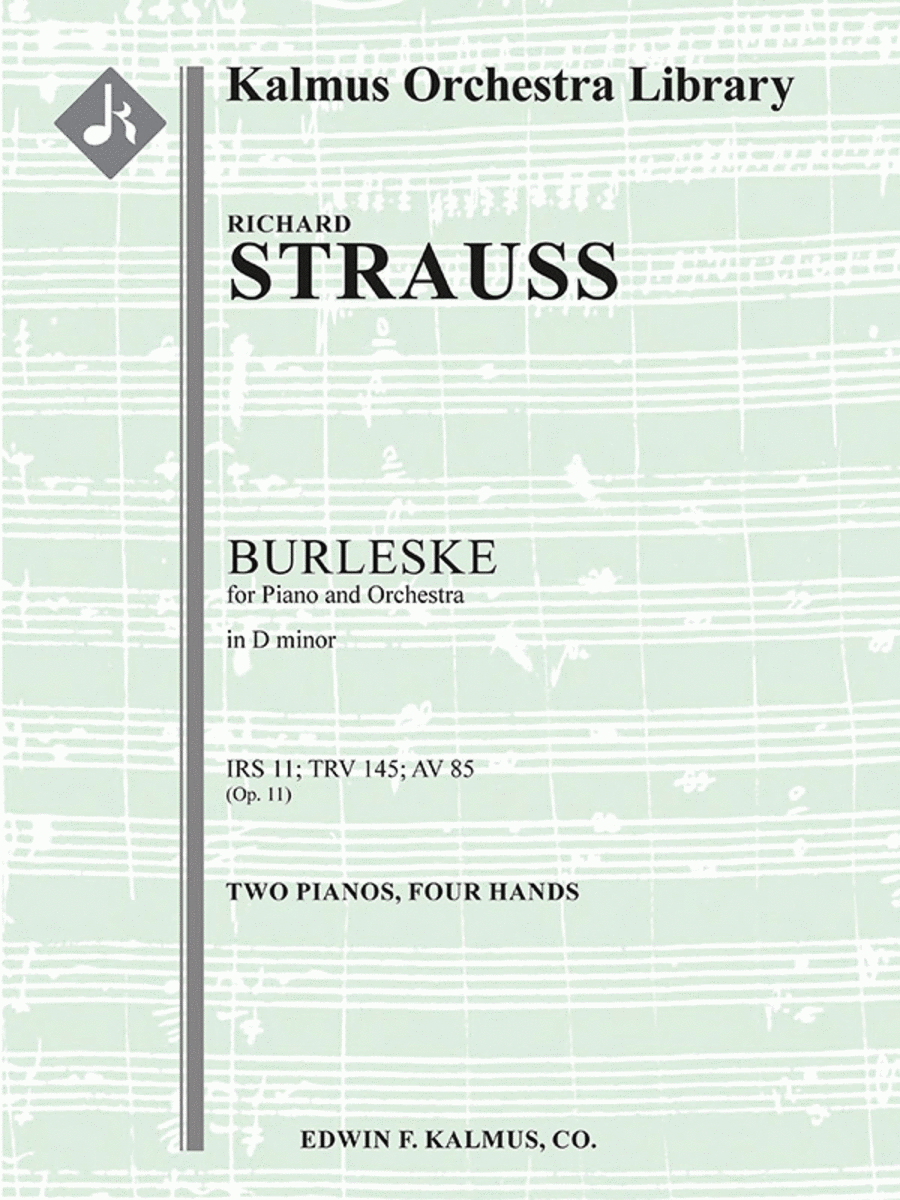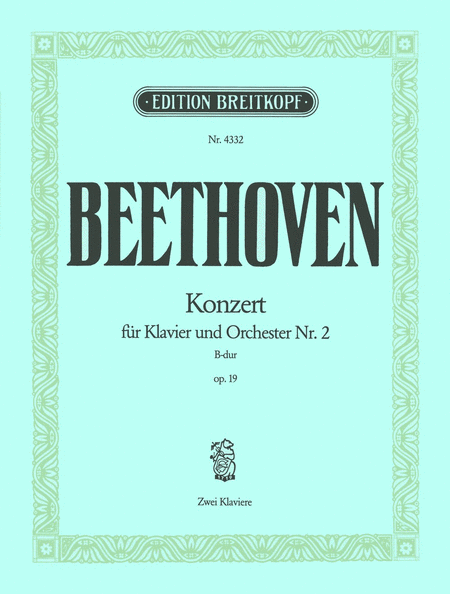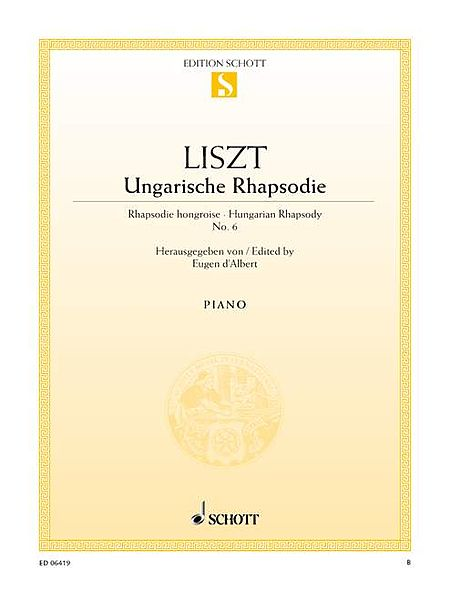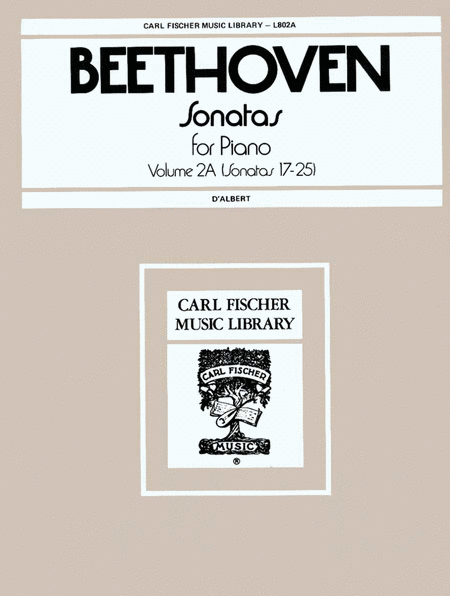Eugen d' Albert (1864 - 1932)
 Allemagne
Allemagne
Eugen Francis Charles d'Albert (April 10, 1864 ? March 3, 1932) was a German pianist and composer. D'Albert was born in Glasgow to an English mother and a French/Italian father, Charles Louis Napoleon d'Albert, a dancer, pianist and music arranger wh ... (Read all)
Source : Wikipedia
 Allemagne
AllemagneEugen Francis Charles d'Albert (April 10, 1864 ? March 3, 1932) was a German pianist and composer. D'Albert was born in Glasgow to an English mother and a French/Italian father, Charles Louis Napoleon d'Albert, a dancer, pianist and music arranger wh ... (Read all)
Source : Wikipedia
Free sheet music of Eugen d' Albert
42 sheets found sorted by:
Search
| ||||||||||||||||||||||||||||||||||||||||
© 2000 - 2024
Home - New releases - Composers
Legal notice - Full version






















